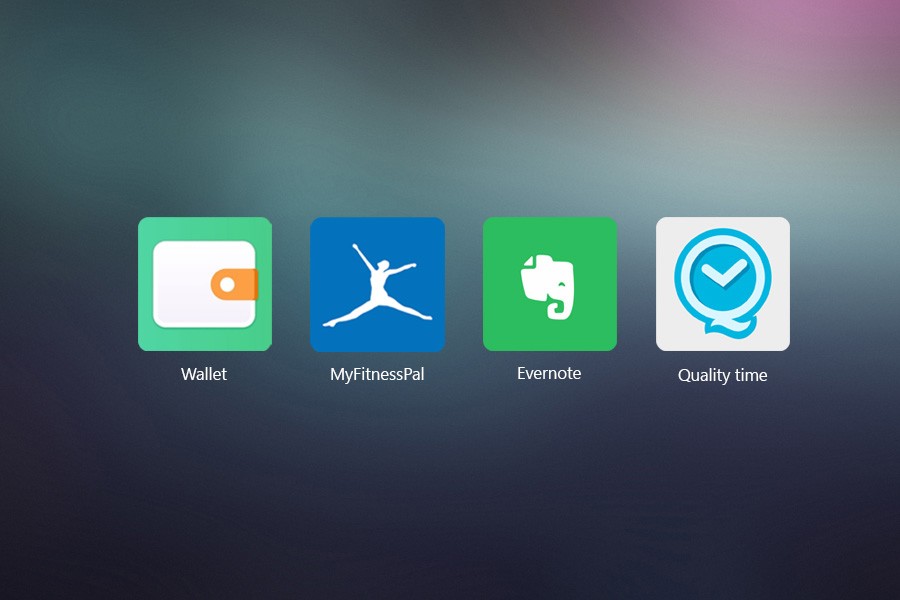Mobile applications have become an integral part of life in the contemporary world. Starting from taking notes, to getting directions, to ordering food, to finding a ride there is a mobile app for every purpose thinkable. All people use these apps to some degree in their lives. Youths of the country, in particular, are more tech shrewd than any other population demographics; hence, they use mobile apps the most. Besides the few purposes previously stated, mobile apps can be used to monitor daily life. There are many different apps available to monitor different dimensions of life, and youths, in particular, use them for the most part. To name a few Google Keep, Wallet, Zeotropic, Digital Wellbeing, Quality Time, Evernote, Google drive, MyFitnessPal, Forrest, Thrive, Google Fit etc.
This article will highlight four apps that help monitor four different aspects of life.
Wallet: Track and manage your money
Teenagers and young adults use mobile applications, which serve as finance trackers and budget planners such as the app Wallet. This app can be used to meet their financial goals, such as saving for a startup, saving for a holiday, being able to meet education expenses etc. Besides, since it can be linked to the user's bank account/s additional time is not required to track and manage bank funds.
The app also allows sharing selected accounts in case a friend or family needs to cooperate on a budget. The reports produced by the app give a visual representation of the user's current financial condition. 'This gives me the big picture and helps me make decisions,' says tech entrepreneur Imran Karim.
MyFitnessPal: Watch what you eat to look the way you want
As the living standard of Bangladesh is improving, the number of health-conscious people is also on the rise. "Staying fit requires more discipline in what people eat rather than how much they spend time in the gym," according to Muin, a fitness-centre owner from Dhaka. Youths need to be more concerned about what they put in their bodies. MyFitnessPal is a mobile application for this purpose. This particular app has 11+ million foods in its database, including items from different cuisines. Therefore, whatever a user eats, he/she can type the name of the food, and the amount of calories and macronutrient composition of the food will be logged. This saves the hassle of reading the packaging of foods or looking online for the calorie content of any particular diet. The app also recommends a daily calorie goal based on whether the user wants to gain, lose or maintain weight. Hence, the user can track how much food he/she has eaten and get an idea of how much he/she should eat for the rest of the day. The app also recommends and discourages the consumption of different food items.
Evernote: Keep your information accessible always
'Evernote helps me keep work effortlessly organised,' says Mostafa Islam, an undergrad student of BRAC University. It can be used to input typed notes, scanned notes, photos, to-do lists, URLs, audio. All of these become instantly searchable. In addition, this app is synced across all devices, so the user can always access their information as long as they possess a tool with Evernote on it. The young generation is exposed to new information, ideas, tasks, opportunities etc. every day. This information must be kept organised in an easy to access platform if it is to be preserved for future use. With apps like Evernote, all the information a person encounters every day can be maintained and later retrieved by merely searching on the app.
Quality time: Boost productivity by monitoring your habits
Today's youths are concerned about becoming more productive. This is a critical issue as there are more avenues for procrastination than ever before. So to track how much time a person spends behind productive activities and how much is wasted, the app Quality Time can be used. 'This app tells me the number of hours that I spent on my phone and specified the time spent on each app, and it's worked wonders,' comments Rezwan Rahman in a review.
So a person aiming to boost productivity can set realistic goals of how much time per week he/she wants to be on the phone and how much of that said time is spent on productive tasks and how much of it is wasted by procrastinating in social media. With daily or weekly usage information, a person can slowly but surely adjust cell phone usage for the better.
The writer is a second year student of BBA programme at the Institute of Business Administration (IBA), University of Dhaka. He can be reached at [email protected]


